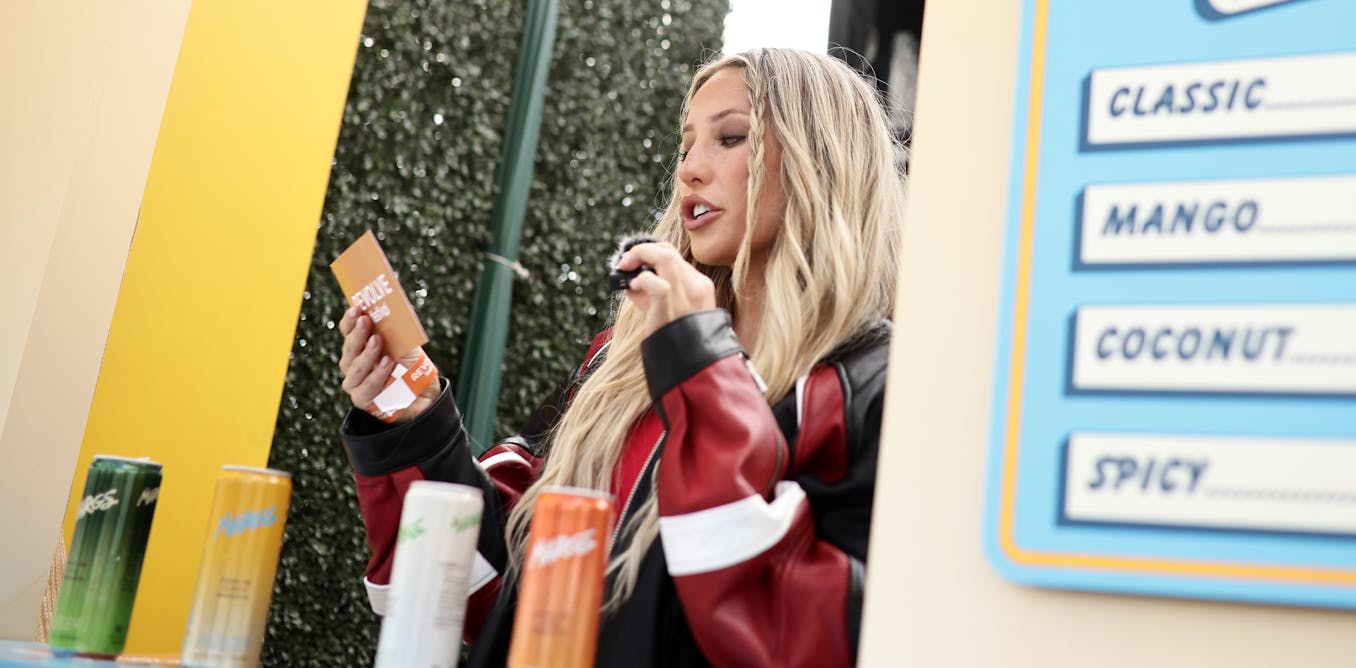
"After Bader's refusal to talk about her weight loss, the Remi Bader snark subreddit blew up. Posters weren't upset that Bader had lost weight or had stopped posting about her body size."
"Some critics see snarkers as a big problem and understandably denounce their tendency to harass, body shame and try to cancel influencers. But completely dismissing snark glosses over the fact that it can serve a purpose."
"As social media researchers, we've written about how snark can actually be thought of as a way to call out bad actors in the largely unregulated world of influencing and content creation."
"In 2023, however, Bader appeared noticeably thinner. When some fans asked her whether she'd undergone a procedure, she blocked them."
Remi Bader, a plus-size content creator on TikTok, gained millions of followers by discussing clothing fits. In 2023, after noticeable weight loss, she faced scrutiny over her transformation and opted to stop discussing her body, leading to a surge of criticism in snark subreddits. These forums, dedicated to critiquing influencers, held Bader accountable for not being transparent about her weight-loss journey. Ultimately, Bader confessed to having weight-loss surgery in 2025, highlighting the controversial role of snark in revealing unregulated practices in online influencing and the challenge influencers face between public persona and personal choice.
Read at The Conversation
Unable to calculate read time
Collection
[
|
...
]